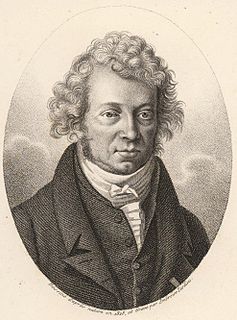A Quote by Eric Foner
Who owns history? Everyone and no one--which is why the study of the past is a constantly evolving, never-ending journey of discovery.
Related Quotes
Very strange bridges are used to make the passage from one state of things to another; we may lose sight of them in our surveys of general history, but their discovery is the glory of historical research. History is not the study of origins; rather it is the analysis of all the mediations by which the past was turned into our present.
After school, I went to Damascus to study law and history, which I didn't really like. I didn't like history, in particular. In Syria, the regime was trying to present to us a distorted version of the past. Assad was shown as the father of history. So I decided to shift to film, which was something I had always loved as a teenager.
What would happen if history could be rewritten as casually as erasing a blackboard? Our past would be like the shifting sands at the seashore, constantly blown this way or that by the slightest breeze. History would be constantly changing every time someone spun the dial of a time machine and blundered his or her way into the past. History, as we know it, would be impossible. It would cease to exist.
The Greeks really believed in history. They believed that the past had consequences and that you might be punished for the sins of your father. America, and particularly New York, runs on the idea that history doesn't matter. There is no history. There is only the never-ending present. You don't even have your family because you moved here to get away from them, so even that idea of personal history has been cut at the knees.
I have a philosophy that white people would be interested in Native Americans because, first of all, it's probably the only group as a country we all study and know the history and then never study again past the age of 10. So I think we have these things we believe are true, that are just not true about what an audience wants.
For me, each journey to Romania is also a journey into another time, in which I never knew which events in my life were coincidence and which were staged. This is why I have, in every public statement I have made, demanded access to the secret files kept on me which, under various pretexts, have invariably been denied me.
I feel history is more of a story than a lesson. I know this idea of presentism: this idea of constantly evoking the past to justify the present moment. A lot of people will tell you, "history is how we got here." And learning from the lessons of history. But that's imperfect. If you learn from history you can do things for all the wrong reasons.
So the history of discovery, particularly cosmic discovery, but discovery in general, scientific discovery, is one where at any given moment, there's a frontier. And there tends to be an urge for people, especially religious people, to assert that across that boundary, into the unknown, lies the handiwork of God. This shows up a lot.








































